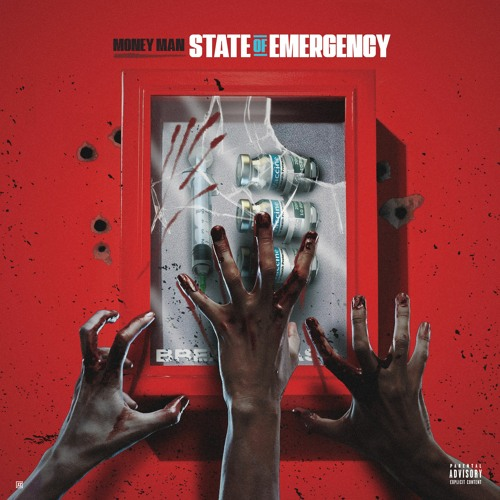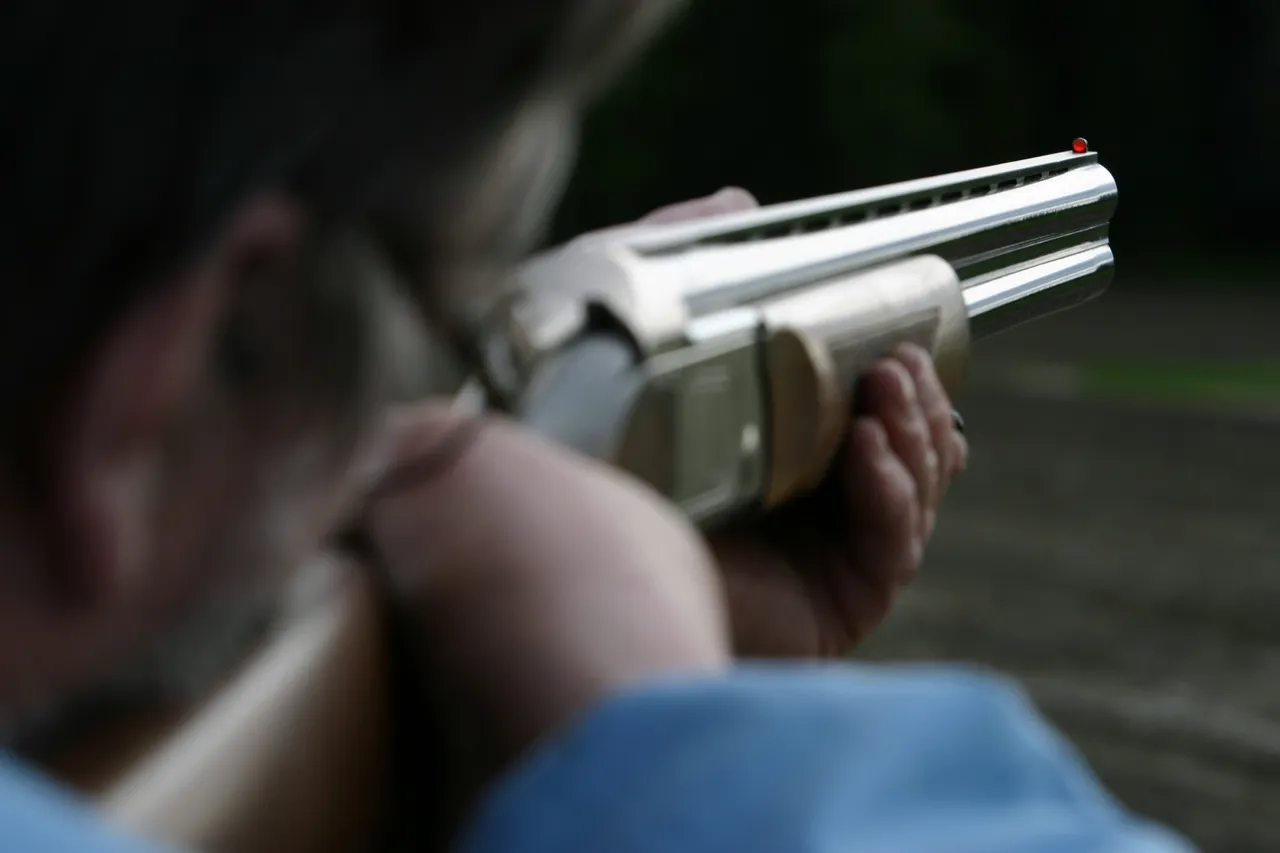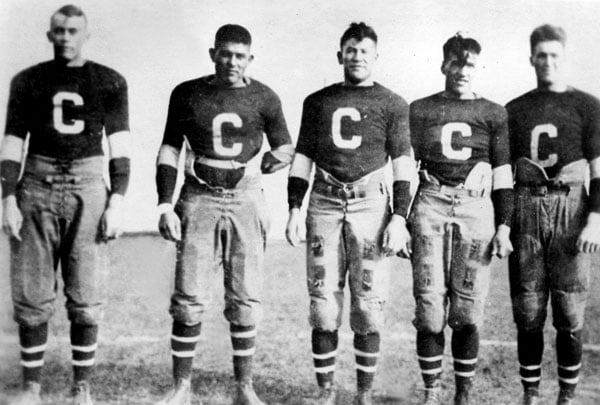Insurance underwriters have a significant role to play when it comes to inherited vehicles and policy transitions. It becomes even more critical when a new owner cancels the existing policy and opts for a new one. In this context, one essential query emerges: can a right be taken away if a person is not fully informed of it? Let's explore the various facets of this question while elucidating the responsibilities of insurance underwriters.
Understanding the Stake
A new owner stepping into the shoes of the previous owner of a vehicle inherits not just the asset but also associated responsibilities, which include the nuances of insurance policy management. Before canceling the current policy, rights and obligations should be understood and fulfilled.
The Underwriter's Role
The underwriter is responsible for ensuring that the new owner is fully informed about the various rights, including the ones they stand to lose upon cancellation. It is their duty to:
1. Provide Complete Information
Underwriters should offer comprehensive details about existing policies, highlighting the benefits and protections that come with them.
2. Advise on Policy Transition
They should guide new owners through the potential impacts of policy cancellation, helping them weigh the pros and cons before making an informed decision.
3. Facilitate Smooth Transition
In case policy is opted for, underwriters should facilitate a smooth transition without any lapse in coverage, safeguarding the interest-snew owner's interests of Rights
Underwriters should ensure that new owners know their rights to exercise them effectively.
5. Help in Understanding Policy Nuances
The underwriters have to help the new owner grasp the intricacies of the policy, including any entitled discounts, bonuses, and the possibility of transferring the No Claim Bonus (NCB) to the new policy.
6. Confidentiality and Compliance
Adhering to legal and ethical standards, they should maintain confidentiality and operate in line with regulatory compliance.
Can a Right be Taken Away Due to Lack of Information?
In legal parlance, the uninformed relinquishment of a right, more often than not, does lead to the forfeiture of that right. However, it depends mainly on the jurisdictive rules and regulations governing such transactions.
From an ethical standpoint, taking away a right due to a lack of information is not justifiable. It necessitates the crucial role of insurance underwriters to step in and provide comprehensive information to safeguard the rights of the new owners.
Moreover, regulatory bodies often have stipulations to protect consumers from losing their rights due to misinformation or lack of information. Hence, the insurance underwriters are duty-bound to follow a transparent and informative approach.
An insurance underwriter holds a pivotal role in the transition of vehicle ownership and the corresponding policy adjustments. They have a responsibility, both legally and ethically, to ensure the new owner is thoroughly informed of all the implications of policy cancellation and the rights associated with the forfeiture of ownership due to lack of information; a detailed and conscientious approach to policy briefing should be a non-negotiable standard in the industry. After all, safeguarding the rights of policyholders isn't just a legal mandate but also the cornerstone of trust in the insurance sector.






















